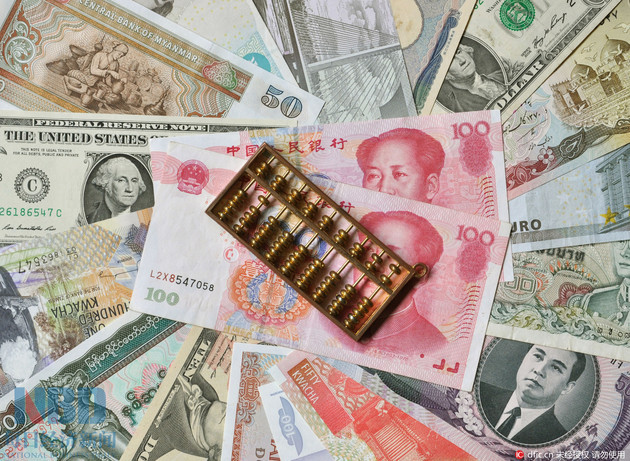
CHENGDU, Nov. 24 (NBD) -- A Chinese expert said on Wednesday that the slips of the central parity rate of Chinese yuan, or RMB, against the U.S. dollar in the past days would help curbing asset bubble in China.
In an article published on Securities Times of China, Wang Yong, Professor of the Zhengzhou Training Institute of the People's Bank of China, pointed out that as China's macroeconomic fundamentals, the 13th Five-Year-Plan and other influrences of related policies are in place, it is nothing for people to worry about Chinese Yuan would slide into long-term depreciation. Moreover, the short-term depreciation of yuan could provide a sound environment for deleveraging in Chinese economy.
In mid-October, China's State Council released guidelines on the long-discussed debt-for-equity swaps, pledging that the scheme will be conducted in an orderly fashion as the country steps up efforts to tackle high corporate debt. People’s Bank of China stated that a moderate monetary policy is essential to realizing deleveraging.
Wang noted that the central parity rate of Chinese yuan to U.S. dollar dropped after the officially admission of Chinese Yuan in the Special Drawing Rights (SDR), which was widely regarded as depreciation pressure. The depreciation in general is caused by the demand for foreign exchange, a rule that we must conform to.
The professor elaborated that the gap between M1 and M2 had been narrowing for 3 consecutive months and tends to remain this trend according to official figures. Measures should be taken to speed up processes in liberalization reform of RMB exchange rate, to reduce interference to foreign exchange market and to allow more rate flexibility. Meanwhile, financial institutions in response should reduce leverages by taking measures of asset securitization and marketization of debt-for-equity swaps. Enditem


 川公网安备 51019002001991号
川公网安备 51019002001991号





